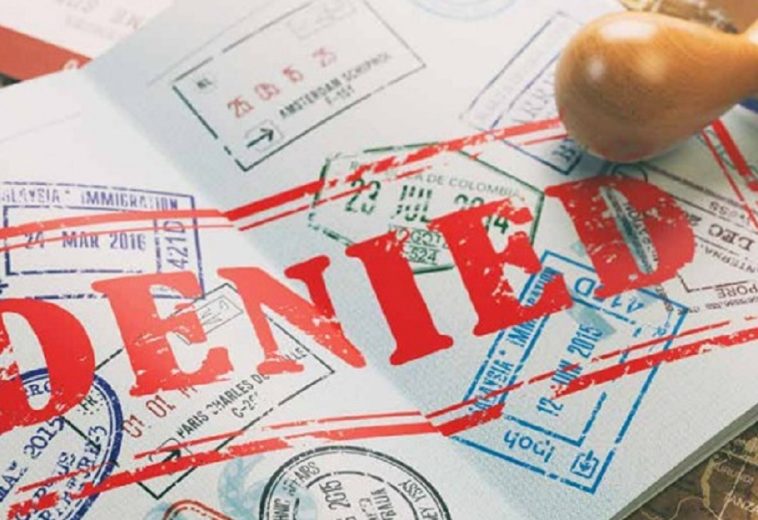Security is a fundamental pillar of a thriving nation, yet, in our interconnected world, ensuring societal safety is becoming increasingly challenging. Transnational threats and conflicts have plagued Africa for decades, hindering peace and socio-economic development across the continent.
According to the Geneva Academy, there are currently around 35 non-international armed conflicts (NIACs) in Africa. These conflicts are particularly prevalent in countries such as Burkina Faso, Cameroon, the Central African Republic (CAR), the Democratic Republic of the Congo, Ethiopia, Mali, Mozambique, Nigeria, Senegal, Somalia, South Sudan, and Sudan. Many of these conflicts are rooted in absolutist ideologies that reject coexistence, tolerance, and the progress of diverse cultures and tribes.
The devastating impacts of these conflicts often transcend national borders, affecting neighbouring countries as well. This situation has prompted the establishment of regional partnerships aimed at addressing these conflicts collectively while promoting economic growth. These partnerships have led to the formation of regional and continental organisations like the African Union (AU) and the Economic Community of West African States (ECOWAS).
Regional and continental organisations benefit from local knowledge, cultural understanding, and shared interests, enabling them to address security concerns and resolve conflicts more effectively than broader global initiatives. Some of the conflicts that regional bodies address include violent extremism, organised crime, piracy, unrest due to social inequality, land-use disputes, and election-related violence. The effectiveness of such partnerships was demonstrated during the resolution of the Liberian and Sierra Leonean civil wars.
In Africa, regional partnerships promote the sharing of intelligence, resources, and best practices to tackle security threats such as terrorism, human trafficking, and cyberattacks. The exchange of intelligence and resources allows for the timely resolution of grievances and disputes, preventing conflicts from escalating.
These partnerships also foster economic cooperation among member states. By encouraging economic development and reducing inequalities, regional partnerships can help to mitigate the socio-economic factors that often lead to instability. Addressing food security, employment opportunities, infrastructure development, and equity significantly contributes to containing unrest within societies.
However, despite the potential of regional partnerships to address Africa’s conflict and security challenges, they still face several obstacles. The diversity of member states and their differing objectives often complicates decision-making and the prioritisation of conflicts. Financial and logistical constraints further hinder the implementation of effective security measures.
To overcome these challenges, robust engagement from all partnership members is essential. Developing strong institutions and mechanisms that enhance the effectiveness of these organisations is crucial. Ensuring inclusivity in decision-making processes will build trust and commitment within regional partnerships, ultimately enabling more equitable and sustainable conflict resolutions.
As global conflicts grow increasingly complex and multifaceted, a more comprehensive approach is required. Regional partnerships and engagements offer a promising avenue for effective conflict management by addressing regional issues with local knowledge, collective action, and by embracing technological advancements to improve coordination.




